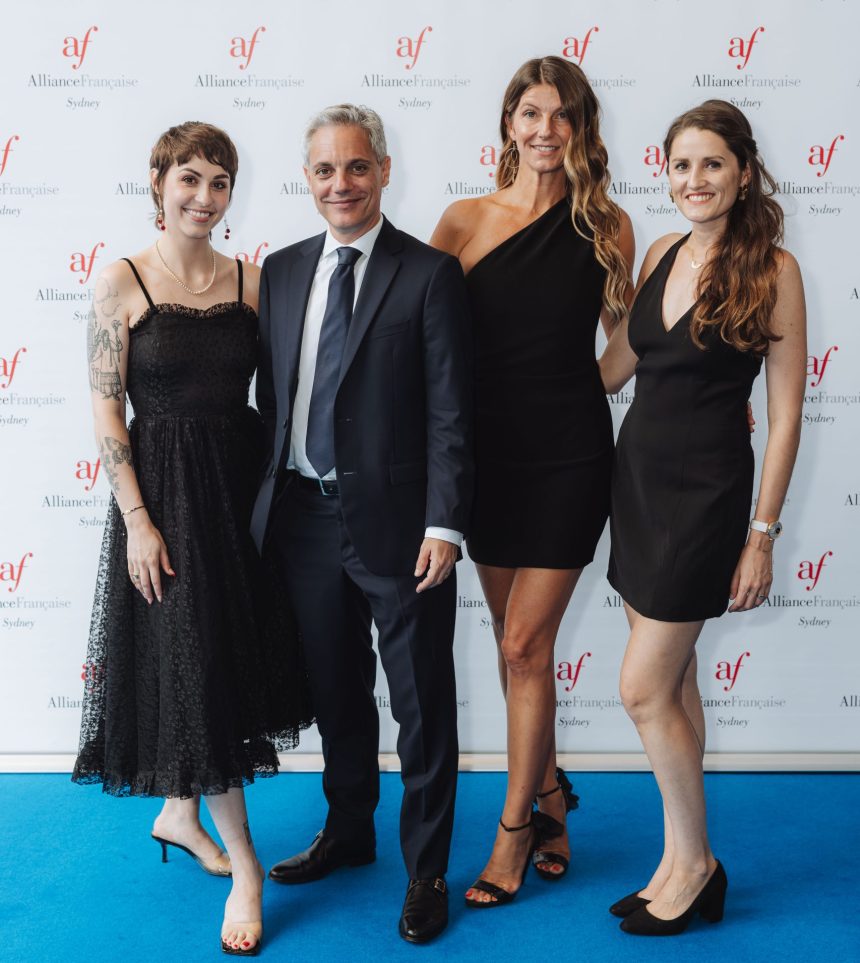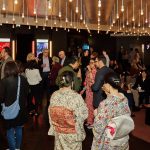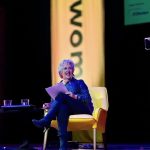In 2024 188,000 film lovers across Australia attended the Alliance Française French Film Festival, and this year the festival has expanded to five new cities: Ballarat, Ballina, Warriewood, Warrawong, and Darwin.
As H.E. Pierre-André Imbert, the Ambassador of France to Australia, said. “Beyond the silver screen, the festival continues to be a cornerstone of cultural exchange, fostering a deeper appreciation of the French language and Francophone cultures.”
The festival is a great testament to the enduring friendship between France and Australia, and 2025 saw a new CEO take the reins. Frédéric Alliod may have inherited a beloved festival with a rich history, but under his leadership, it’s forging a new path. Between balancing the allure of wine-and-cheese romance and introducing gritty social dramas, Alliod is shaping a cinematic universe that’s both quintessentially French and universally compelling.
Irrésistible went tête-à-tête with Frédéric to get vraiment deep behind the screen scenes.
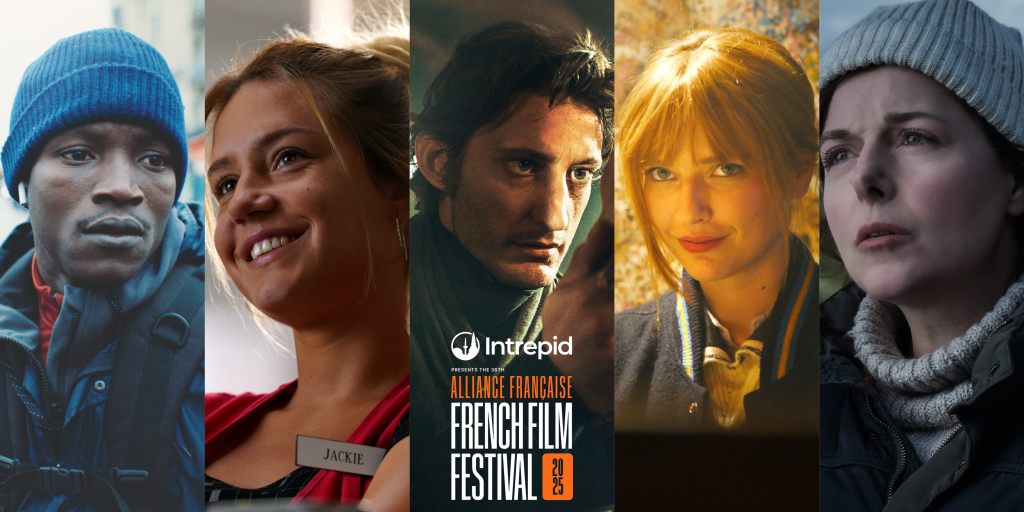
Frédéric Alliod: This is my first edition—well, technically my second, but the first where I’m fully in charge of programming. The festival itself is 36 years old, so you inherit a lot of moving parts. When you arrive with fresh ideas, you want to revolutionise everything. But in reality, it’s far more complex because this is a well-established cultural event with multiple stakeholders: sponsors, organising committees in different cities, partner cinemas, and distributors. Essentially, our concept is a snapshot of the best French productions from the previous year. We select around 40 recent films, plus one classic—usually a 4K restoration which showcased at Cannes Classics.
With so many players, I do have to respect certain standards. But I also try to inject fresh ideas—new twists. The selection process is multifaceted. We use data analytics from previous editions, because we’ve built a pretty specific audience profile over time. Surprisingly, about 76% of our audience is Australian (as opposed to French expats), and 69% of the overall audience is female.
Given that demographic, French culture, lifestyle, and romantic comedies perform exceptionally well. My personal taste leans more toward thrillers, but they don’t always resonate as strongly with our main crowd. Still, we strive for diversity. We keep an eye on festival buzz, box-office results, and we go to Cannes, meeting sales agents and looking at what’s resonating with international audiences. Ultimately, it’s a blend of data, intuition, and cooperation with distributors. If they don’t have what we need, we fill in the gaps ourselves by purchasing screening rights. It’s a big puzzle, but that’s part of the excitement.”
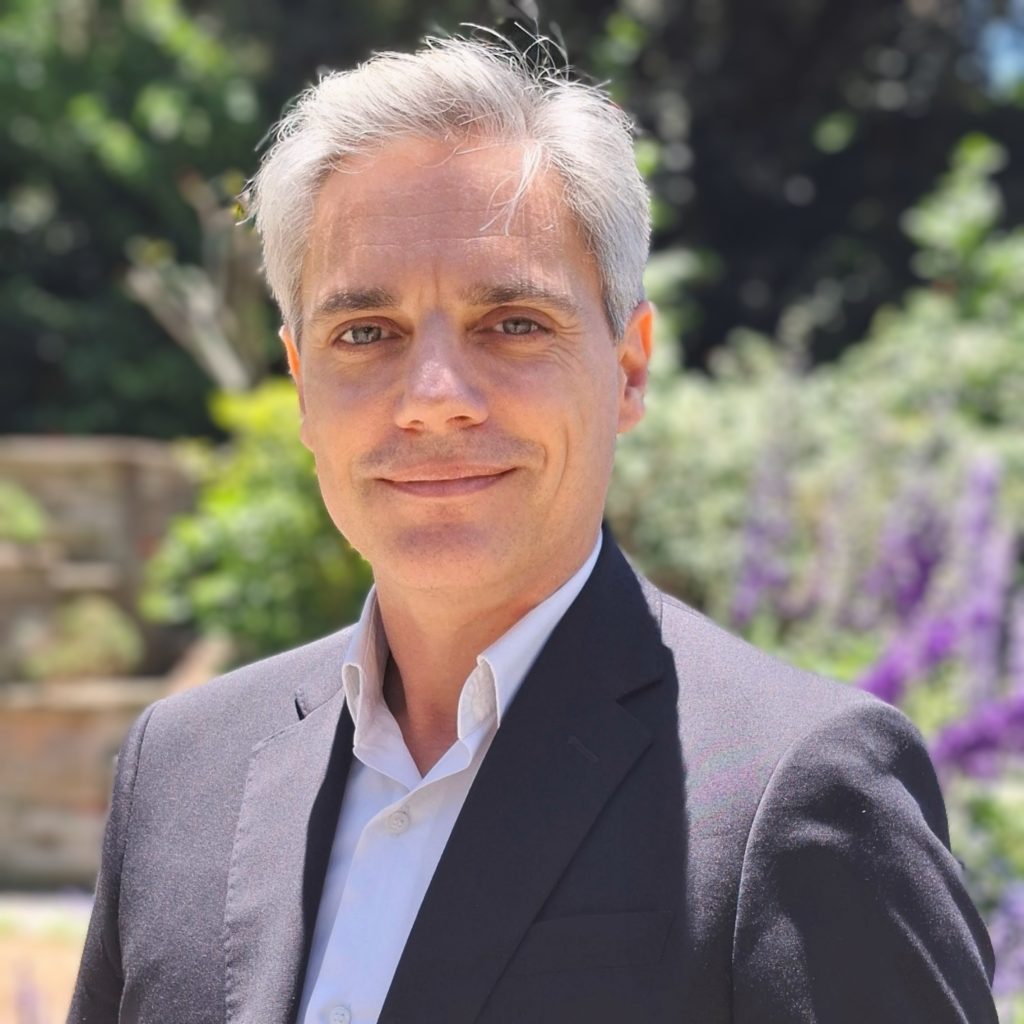
That 69% female viewership is just one element. We see from the data that certain genres—romantic comedies, feel-good movies—tend to perform best. Dramas can be a tougher sell, but that doesn’t mean we exclude them. With 42 films in the lineup, we need variety: comedies, romance, action, thrillers, you name it. Some titles will be ‘crowd-pleasers,’ others more challenging. We like to spark conversation.
That said, I do want to attract younger audiences. For example, this year we’re showcasing a film called Beating Hearts. In France, it became a TikTok sensation, embraced by Gen Z as the big love story of their generation. So we hope it’ll lure younger viewers to the festival. If they come, love the experience, and realize ‘Hey, this isn’t so different from Hollywood—maybe I’ll try another French film next time,’ that’s a win. But you have to get them through the door first.
The festival has been around for 36 years. How do you think it has evolved, and how have film festivals changed in general?
My background includes organising film festivals in Southeast Asia, where the approach is totally different. In emerging markets, many French films aren’t picked up by distributors, so the festival is about giving those titles a platform they wouldn’t otherwise have. Here in Australia, it’s more market-driven. We work closely with distributors who already plan on releasing certain French films, but they rely on the festival’s spotlight to boost awareness.
Initially, the French Film Festival in Australia was more of a cultural event—promoting the Alliance Française, the French language, and so on. In recent years, especially post-COVID, it has grown exponentially. Two years ago, we were in 12 cities. This year, we’re in 20. That expansion also means juggling different objectives: cultural promotion, language promotion, profitability, and strong partnerships.
Ultimately, I see it as an ecosystem: we screen films, host Q&As, partner with local communities, and support distributors. It’s more than just the screenings—it’s about fostering dialogue and excitement around French cinema.
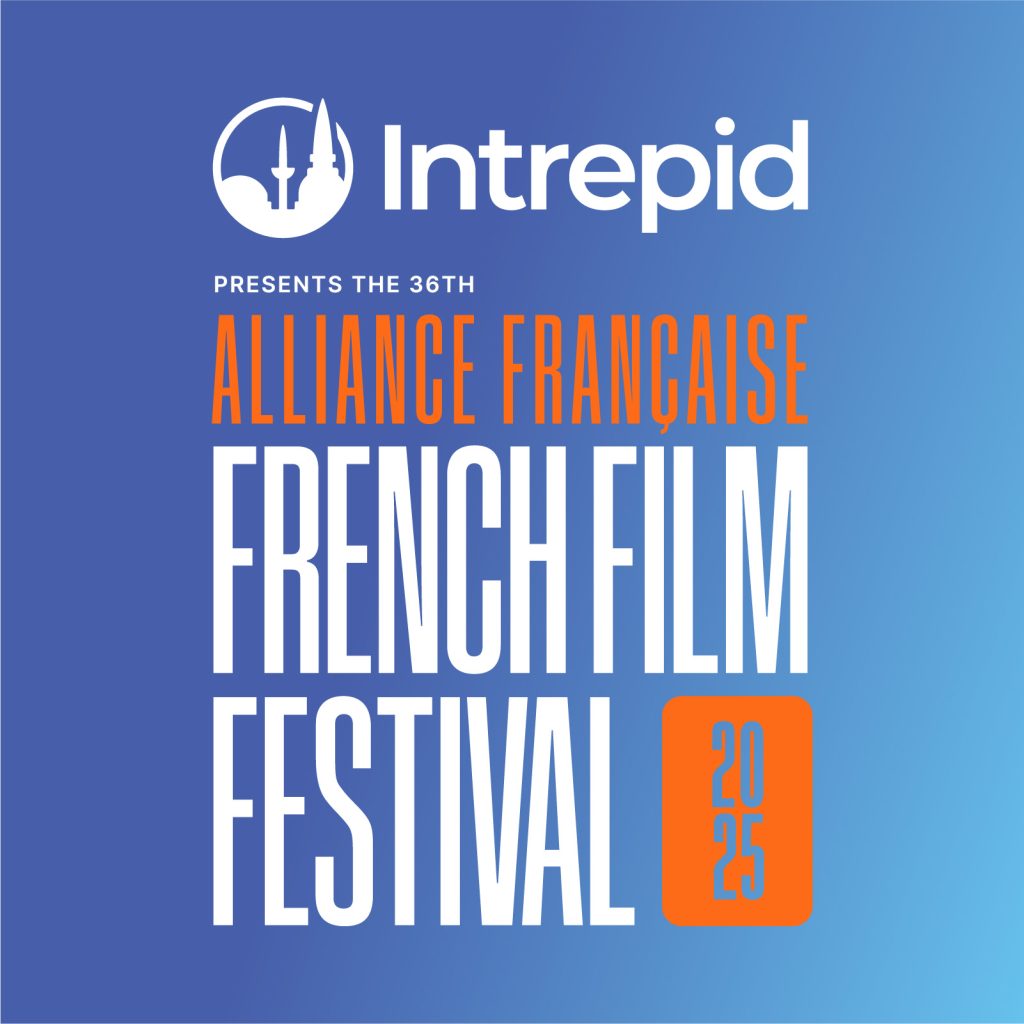
Which film in this year’s festival lineup do you find especially compelling?
I’m really excited about a biopic on Niki de Saint Phalle. She was a feminist artist with an incredible life story—tough experiences, but a powerful need to create. The film doesn’t just showcase her work; it reveals her as a person and the process of creation itself. It moved me because it’s universal: the struggle, the passion, the resilience.
What do you hope audiences experience at the French Film Festival?
We do play up the clichés—wine, food, picturesque landscapes—because that’s part of the draw. But I also want to show the real, contemporary France. Yes, we have social issues, multicultural communities, innovation, and technology. France is evolving, and I want people to see that.
It’s about cultural bridges; seeing what unites us and what might set us apart. Ultimately, I hope audiences walk away feeling they’ve discovered new perspectives—maybe something that resonates with them here in Australia.
How do you think French people see Australians?
Many French have this vision of Australia as a distant, exotic paradise—rugged landscapes, modern cities, and, of course, the classic rippling muscle surfer dude. It’s an appealing blend of adventure and urban cool.
But there are also cultural differences that can surface—what’s offensive in one country might be perfectly normal in another. That’s where I have to be careful in film selection and classifications. Humour, especially, doesn’t always translate. One comedy that was a hit in France might be deemed offensive to Australian audiences. I pay close attention to cultural nuances.
Vive la Différence!
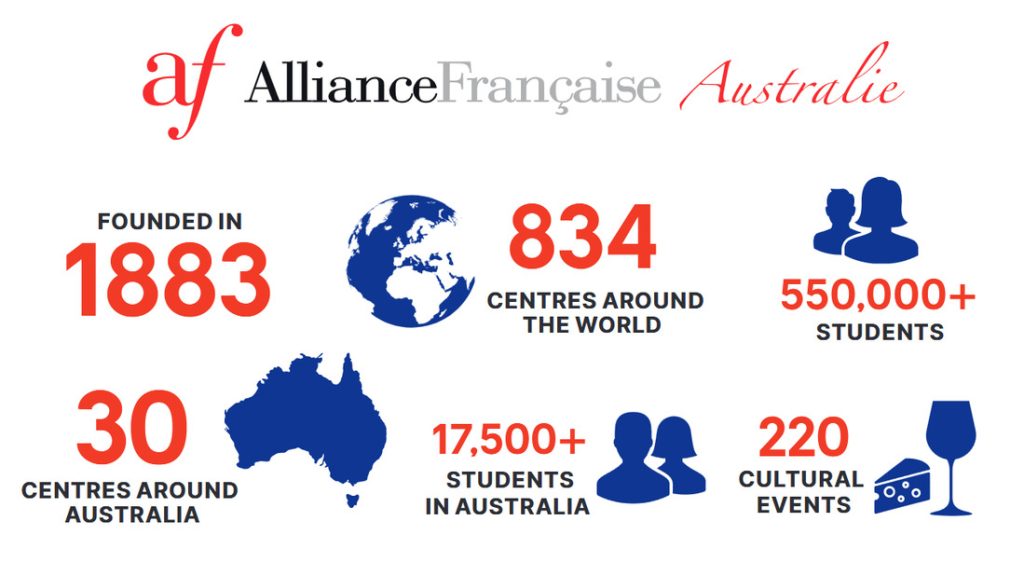
The Alliance Française French Film Festival is on in multiple Australian cities till mid- April.




